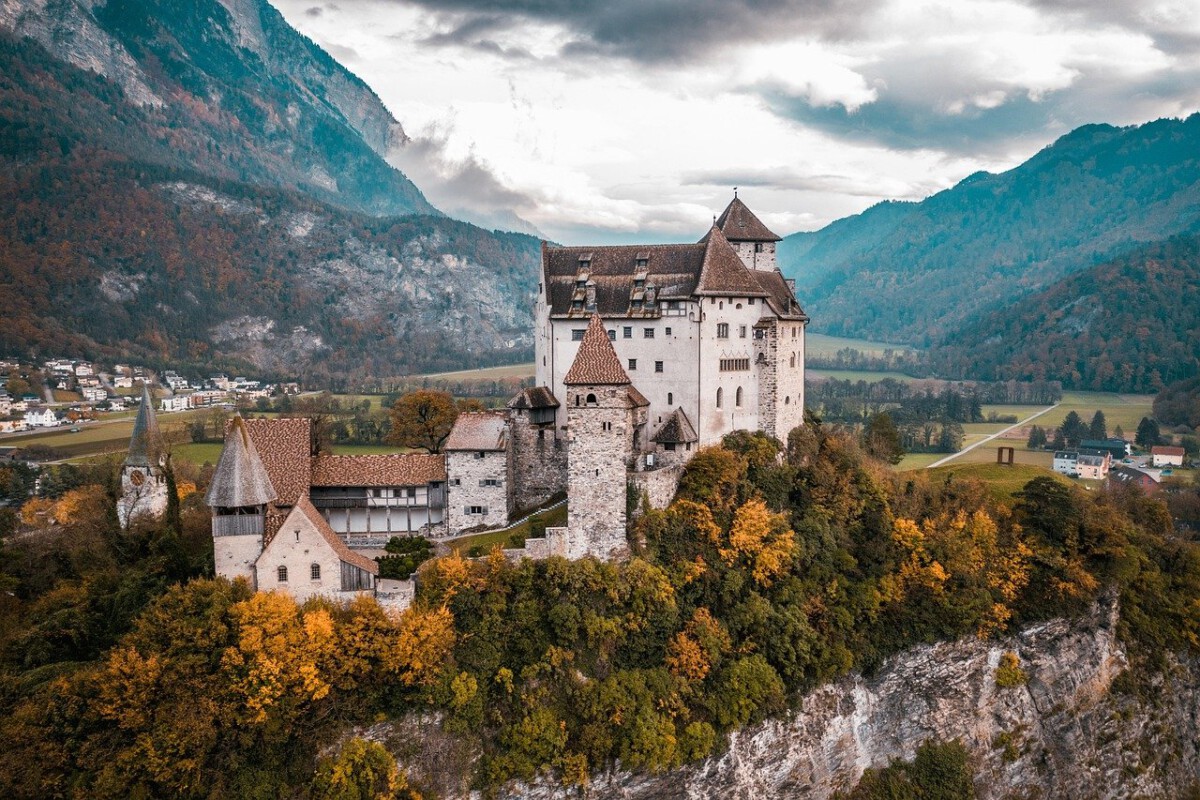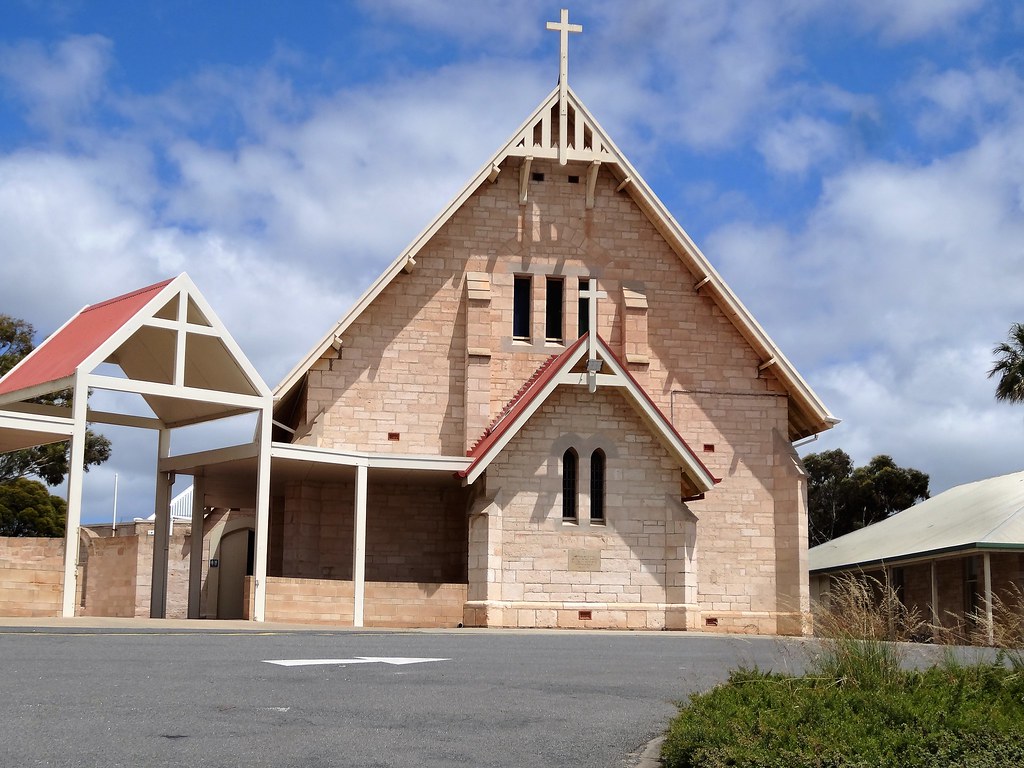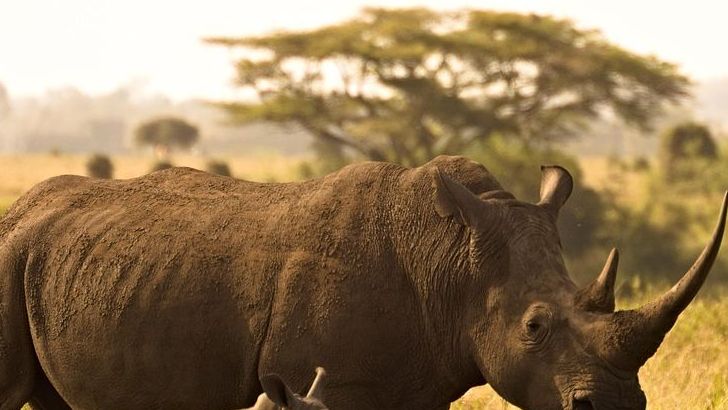Costa Rica: A Model of Peace

Costa Rica remains a powerful example of how a country can thrive without a military. The nation made a bold move in 1949, when it abolished its armed forces entirely, choosing to invest in education and healthcare instead. This historic decision, rooted in a desire to end military coups and promote social welfare, has paid off for generations. Today, Costa Rica ranks 38th on the Global Peace Index for 2024, reflecting its ongoing commitment to nonviolence and stability. The country’s budget, once spent on weapons and soldiers, now fuels eco-tourism and conservation efforts, making Costa Rica a world leader in sustainability. Its constitution enshrines neutrality, and its police force focuses on community safety rather than warfare. As a result, Costa Ricans enjoy not just peace, but a high quality of life, proving that a nation can be secure without military might.
Iceland: The World’s Most Peaceful Nation

Iceland offers a striking vision of peace, consistently holding the top spot on the Global Peace Index in 2024. The country is remarkable for having absolutely no standing army, relying instead on a dedicated police force and strategic international partnerships. Iceland’s emphasis on diplomacy and conflict resolution has made it a trusted voice on the world stage, and its citizens benefit from one of the safest environments anywhere. Social harmony is further supported by strong welfare programs and extremely low crime rates, which make violent conflict almost unheard of. The government’s focus on gender equality and environmental protection helps foster a community-oriented society. Iceland’s geographic isolation, surrounded by the cold North Atlantic, provides a natural buffer from global conflicts. In the words of an Icelandic official, “Our greatest defense is the trust of our neighbors and our commitment to peace.”
Monaco: Wealth and Diplomacy

Monaco, perched along the sun-kissed French Riviera, has achieved stability without a military of its own. Instead, the principality relies on France for its defense, allowing it to devote energy and resources to economic growth and tourism. Monaco’s image of luxury and security is backed by a government that invests heavily in policing and public services, resulting in some of the lowest crime rates in Europe. The country’s constitutional monarchy provides a unique blend of tradition and modern governance, allowing for quick, effective responses to any challenges. Monaco’s leaders prioritize diplomacy and international cooperation, frequently hosting major cultural and sporting events that foster goodwill. This focus on soft power and stability has helped Monaco remain a peaceful haven despite its small size and high profile. The absence of a military allows for a singular focus on prosperity and harmony.
Panama: A Peaceful Transition

Panama’s decision to abolish its military in 1990 marked a turning point, redirecting national priorities toward social development and civilian policing. This shift followed years of military dictatorship, and today Panama stands as a symbol of peaceful transition and hope for the region. The country’s government invests heavily in education, infrastructure, and public health, leading to improved living standards and greater social cohesion. According to recent United Nations reports, Panama has made meaningful progress in reducing violence and fostering inclusion. The country’s status as a global transit hub brings economic benefits and encourages international partnerships, further strengthening peace. By enshrining neutrality in its constitution and emphasizing democratic values, Panama has managed to avoid entanglement in regional conflicts. The focus on community well-being over militarization continues to shape Panama’s peaceful identity.
Liechtenstein: A Unique Approach to Security

Liechtenstein, nestled between Switzerland and Austria, has charted its own peaceful path by forgoing a military and depending on Switzerland for defense. This small principality enjoys remarkable prosperity, boasting one of the highest GDP per capita figures in the world. The absence of military spending allows Liechtenstein to channel resources into education, healthcare, and innovation, supporting a high standard of living. Strong diplomatic relations and a transparent government contribute to the nation’s reputation for stability and safety. Crime rates remain extremely low, and the country’s approach to security emphasizes community policing and conflict prevention. Liechtenstein’s commitment to neutrality and international cooperation is unwavering, helping it avoid the pressures of global conflict. The country also leads in environmental sustainability, further enhancing its peaceful appeal.
Nauru: A Small Island Nation

Nauru, the world’s third smallest country by area, demonstrates how peace can flourish even in vulnerable settings. With no military of its own, Nauru relies on Australia for defense support, freeing the government to focus on immediate community needs. The country’s population, barely over 10,000, creates a sense of close-knit belonging and mutual responsibility. Nauru’s leaders prioritize social development, directing resources toward education, health, and environmental protection. Despite facing serious challenges from climate change and economic shifts, the nation’s emphasis on cooperation and dialogue helps maintain stability. Cultural traditions and strong family networks play a vital role in conflict resolution and community support. By keeping its focus on people rather than power, Nauru stands as a testament to the strength of peaceful values.
The Vatican City: A Spiritual Sanctuary

Vatican City, the world’s smallest independent state, is unique in its approach to peace and security. Lacking any military forces, the Vatican relies on Italy for external protection, while its famous Swiss Guard serves a ceremonial and protective role for the Pope. The Vatican’s mission is spiritual rather than political, and its influence comes from moral leadership and diplomacy. The Holy See’s focus on peace, dialogue, and humanitarian efforts resonates across the globe, shaping international conversations about justice and human rights. The Vatican’s neutrality is respected worldwide, allowing it to act as a mediator in times of conflict. The city-state’s resources are devoted to religious, educational, and charitable activities, furthering its peaceful reputation. The absence of a military underscores the Vatican’s enduring message: true strength lies in compassion and understanding.





